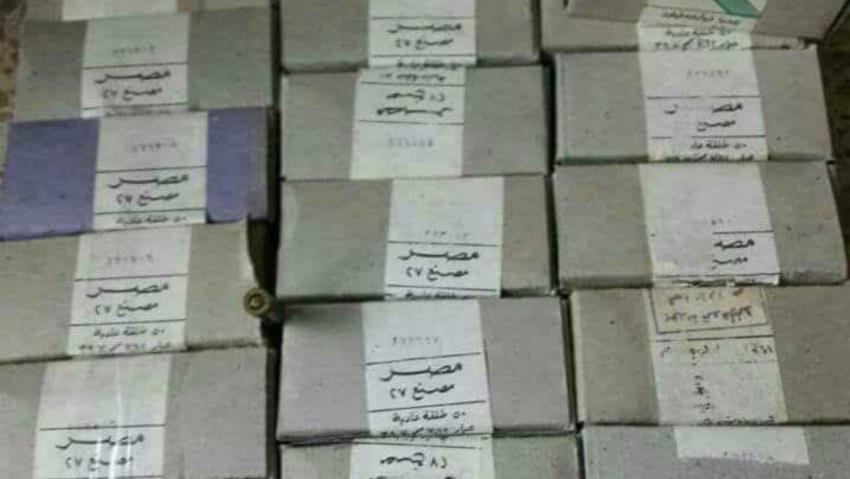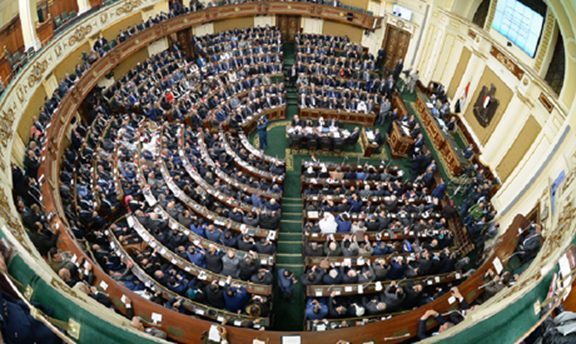
A statement of the new financial year draft budget projects 54 percent expenditure on debt service
Meanwhile, less than the constitutionally required entitlements are allocated for spending on health and educationOn Monday, May 9, 2022, Egypt’s government presented a draft budget for the new fiscal year 2022/2023, with more than half allocated to debt service, according to Mada Masr.
The draft shows a significant increase in allocations for debt interests that are expected to rise by nearly 19 percent, compared to the current fiscal year that ends on 30 June.
Budget allocations for repaying the loans themselves rose dramatically in the draft, exceeding 62 percent.
In terms of government spending on health and education, it is projected to be less than the percentage mandated in the constitution, which stipulates a minimum of six percent of GDP spending on education and three percent on health.
Egypt’s Minister of Finance Mohamed Maait presented the draft budget to parliament on Monday, pending approval, which expects spending to rise 15 percent in the fiscal year that begins on 1 July.
The budget deficit is forecast at 6.1 percent of the gross domestic product in 2022/2023, down from an estimated 6.2 percent in the current financial year.
Maait said Egypt would spend 2.07tn Egyptian pounds ($112bn) in the upcoming year, with revenue expected at 1.52tn pounds ($82bn).
Hala al-Saeed, the Minister of Planning and Economic Development, said Egypt expects investments of 1.45tn Egyptian pounds ($78.4bn).
“The global crisis has resulted in increased energy and food prices. The government has been able to confront the severe and simultaneous shocks because of the strength of the national economy,” Mohamed Maait told parliament.
“The budget was prepared in the shadow of terrific challenges and pressures on the national economy during the international turmoil that has led to an increase in inflation.”
Egypt has been reeling as tourism stalled in 2020 after Covid-19 hit the country. In February, the Russian invasion of Ukraine deepened the economic crisis because Egypt imports the majority of its wheat from Eastern Europe.
The Egyptian government was supposed to present the draft budget to parliament in early April, 90 days before the beginning of the new fiscal year.
However, its ministers delayed the presentation and had to modify the draft budget to accommodate the recent economic challenges presented by the conflict between Moscow and Kyiv.
It is dedicating almost 49bn Egyptian pounds ($103m) to cover the cost of bread, essential food for its 102 million population.
Egypt has been looking for ways to attract foreign exchange to prop the state coffers. It has been in talks with the International Monetary Fund for more than a month to secure a financial support package.
On Saturday, Prime Minister Mostafa Madbouly said the government was working on ways to attract more investment, including “participation by the private sector in state-owned assets”.
Last month, Egyptian President Abdel Fattah el-Sisi ordered the government to draw up a program to attract $40bn in private participation over the next four years.
Egypt’s foreign debt amounted to $137.4bn last September and $273m in domestic debt.



